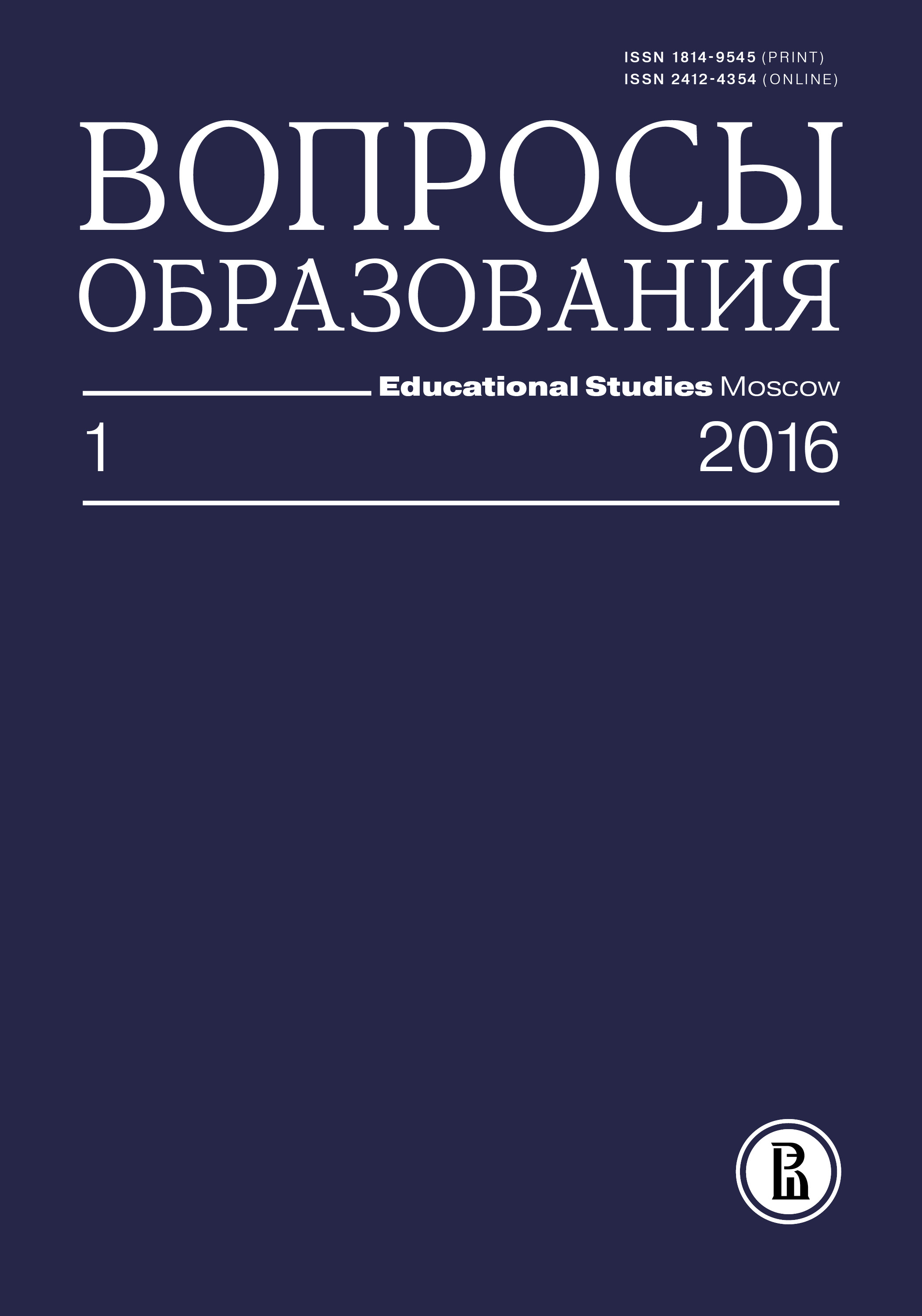Оказывают ли антикоррупционные просветительские кампании влияние на студентов? По результатам исследований в России и Украине
Аннотация
Проведен эксперимент с целью выяснить, каким образом знакомство с информационно-просветительскими текстами антикоррупционной тематики (брошюрой с материалами, разработанными Transparency International) влияет на желание студентов принять участие в антикоррупционной кампании и на их мнение о коррупции в целом. 350 студентов из Хабаровска (Россия) и 600 студентов из Львова (Украина) знакомили с брошюрой о вреде коррупции в целом и для системы высшего образования в частности (экспериментальная группа) либо с материалами, не имеющими отношения к коррупции (контрольная группа). Эффекты были статистически значимыми в общей выборке в Хабаровске и только в отдельных социальных группах во Львове. Результаты исследования могут представлять интерес не только для ученых, но и для управленцев и специалистов-практиков.








